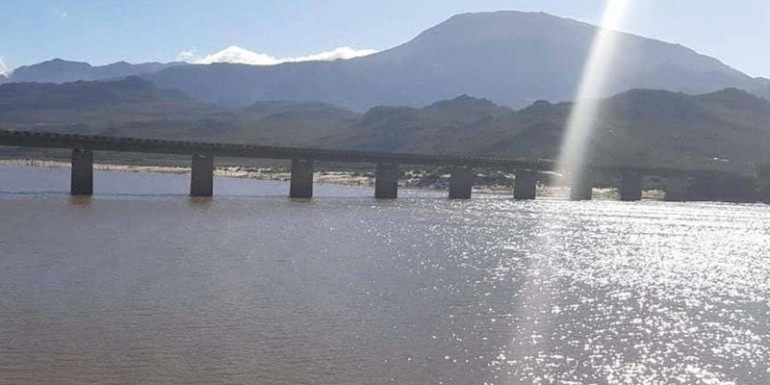Sponsored Listings:
Cape Town and the Western Cape have recovered from the threat of acute water shortages. Today the City and Province’s dams are over 70% and 50% full respectively.
This is from the City of Cape Town’s latest water level report and confirmed by Corne Koch, Wesgro’s Head of the Convention Bureau.
She told Tourism Update that the summer period was undoubtedly a trying time for the citizens and businesses of Cape Town and the Western Cape, following three consecutive years of low rainfall, resulting in the worst drought in 100 years.
She pointed out that the impact of climate change was a global phenomenon and the heightened vigilance of the city and regional leaders was an asset that sets the province apart from other places in the world.
“If another drought does occur, we have put in place measures to be even more resilient.”
In 2019, Wesgro ran a research study with 600 travel and tourism businesses to understand what questions their clients were asking about Cape Town and the Western Cape. “From the study, it was clear that up-to-date and relevant information regarding safety and security and the water situation was needed,” related Koch.
As a result, a website was developed to assist the industry and tourism stakeholders with the information requested by their clients to help answer questions such as “What are the safety measures in place?”, and “Is there still a drought in Cape Town and the Western Cape?”
The website is still updated weekly with the dam levels. Through a search engine optimisation strategy, Wesgro ensures that the correct facts are presented to potential visitors searching online for information about the drought situation in the Western Cape.
A communication task team – which includes the Western Cape Government, City of Cape Town, Cape Town Tourism, Wesgro, SATSA, Fedhasa, SAACI, Skål, CapeNature, and SANParks – has been set up.
“The role of the team is to raise concerns from their members or visitors, such as what is the current water situation and to provide up-to-date relevant information. Each member disseminates the info via their communication channels. This collaboration ensures that the correct facts get to their trade and traveller as quickly as possible,” said Koch.The final tourism performance figures for the festive season have not been released, but preliminary stats show that no significant increase or decline was experienced across the province.
“This, like the water figures, should be perceived as positive, based on the challenging season we experienced the year before,” Koch noted.
Source: tourismupdate.co.za










